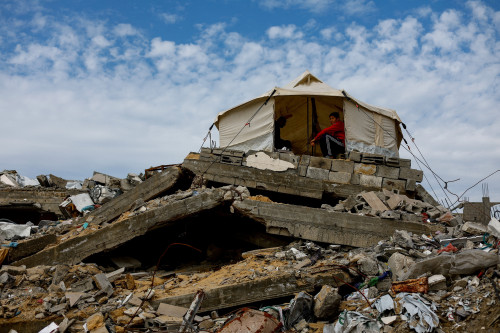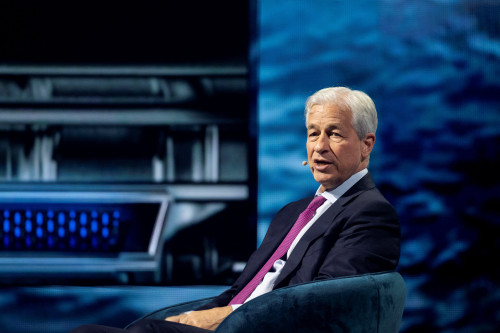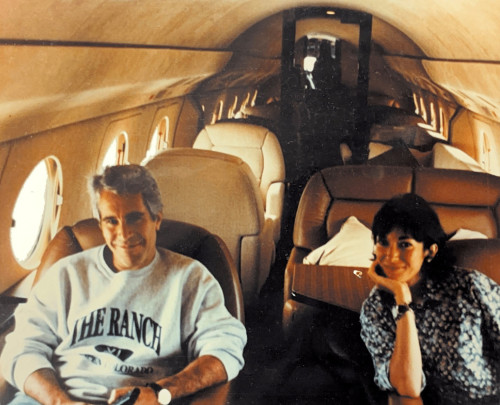Stocks fell Friday across the board, as Middle East tensions between Israel and Iran escalated to serious warring conditions. With each country launching missiles and drones, Israel targeting nuclear facilities and Iran hitting Tel Aviv indiscriminately, worldwide concerns mounted. U.S. markets were roiled, with the Dow Jones Industrial Average falling over 700 points, while the S& P 500 and Nasdaq dropping 1.1% and 1.3% respectively. The Russell 2000, the smaller value stock index was off 0.18%. The week until late Thursday was positive with the U.S. China trade negotiations went well along with a host of favorable economic reports, and boosted the indexes. More attacks by both Iran and Israel on Friday spelled dire market conditions, with the indexes turning negative. Oil climbed another 7% Friday following 9% on Thursday now resting at $73.18 a barrel after hovering for several weeks in the low 60’s. Iran is a significant oil producer and “geographically borders the strait of Hormuz, with which a third of global seaborne oil flows,” casting a complicated scenario. Mark Malek, chief investment officer at Siebert Financial, commented to the Wall Street Journal: “If there starts to be trouble in the Straits, then you’re going to have larger issues.” Gold surged to a near high of $3,431.70 a troy ounce as investors quickly pivoted into ‘safer havens.’ The dollar bounced up after a two week weakening as the euro and yen floundered lower. As oil continues to edge higher, driven by the Iran-Israeli conflict, inflation concerns are heightening that the Federal Reserve will act on possible rate hikes in the near term.
Monday’s market opened on a positive note after Friday’s negative roller coaster moves as investors and traders digested better news that the Israeli Iranian conflict was beginning to cool. Iran softened its stance, indicating a ‘backing-off of hostilities’ and hinted that they would negotiate options regarding their Nuclear Program demands. Right away oil markets began to ease back, as oil dropped to the $72.85 range‘. Bonds rose as the 10-year Treasury note closed at 4.452%. “Bond yields rise as prices fall,” according to the Wall Street Journal. Gold slid back at Monday’s open, then surged back to close at a near record high of $3,414.00 a troy ounce. Central Banks have slackened off buying gold, slowing the torrid 2024 pace and early 2025 as have individual investors. The lure of gold as a safe haven for investors flows with the world issues causing financial concern. Central Banks on the other hand use gold to ‘shore-up’ financial instability. Tuesday’s market tension worsened by President Trump’s comments “that he is losing patience with Iran, and that he is considering potential air strikes,” has again roiled the market. The Dow Jones reacted mildly, losing near 300 points. Both the S & P 500 and Nasdaq were lower by less than 1%. “The geopolitical risks remain high. But investors have been reminded that geopolitical risks are almost always more bark than bite,” said Louis Navellier, chief investment officer at Navellier & Associates. Since the onset of the Iran/Israel conflict, investors and traders have endured with minor wavering, as U.S. stocks losses have been minimal, exclusive of a few high-tech companies. On a positive note a U.S.-U.K. trade agreement was signed Monday as the British were anxious to ‘get-it-done.’
Wednesday’s market was sluggish, not able to get into a rhythm. More concern about the United States involvement in the Israeli-Iranian conflict unsettled investors and traders. Indexes were shaky with all three hovering near the flatline all day. Oil ticked higher, finishing in the $75.00 to $76.00 range, driven by the complicated Middle East conflict. President Trump took Fed chief Jerome Powell to task on Thursday imploring him to cut rates 2.5%. Powell stated that, “America’s economy has been relentless.” Mr.Powell reiterated that his job was to safeguard the health of the U.S. economy.
RUMBLINGS ON THE STREET
Joanne Hsu, Director of Consumer Surveys at The University of Michigan, WSJ – “Consumers are settling in from that initial shock–there’s some relief that their worst fears haven’t come to pass, and they’re recalibrating. They’re still extremely cautious about the future.”
Mark Luschini, chief investment strategist at Janney Capital Management, WSJ – “Investors are sort of back on their heels. Tariffs and now the outbreak of war in the Middle East are going to continue to insert a risk premium into markets, which means you’re going to see volatility until they resolve.”
Nicholas Colas, co-founder of DataTrek Research, Barron’s – “In our book, U.S. small caps are now an occasional tactical trade, while large caps are a core holding.”




